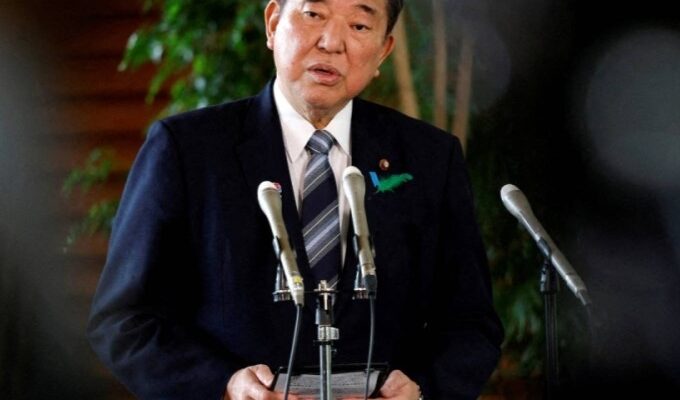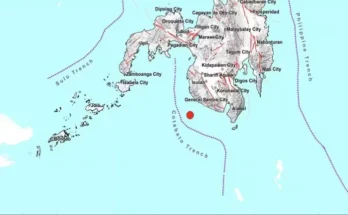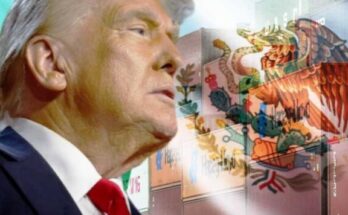Tokyo – Japan will make no concession that could affect food safety in its tariff negotiations with the United States, Prime Minister Shigeru Ishiba said Sunday.
“We will not concede over food safety. We must protect the safety of Japanese citizens,” he said during a television program on NHK, showing a careful approach to the issue of agricultural market access.
Ishiba also said that the expansion of liquefied natural gas (LNG) imports will be examined as a bargaining chip, considering that U.S. President Donald Trump is giving priority to eliminating his country’s trade deficit with Japan.
Washington has complained about Japanese non-tariff barriers for automobiles. After noting differences in safety standards and traffic rules between the two countries, Ishiba said, “We’ll properly work out measures so that we will not be criticized as unfair.”
He also commented on Trump’s dissatisfaction with Japan’s current share of the costs for U.S. forces stationed in the country.
“Security and trade are different areas, and I don’t think it’s right to talk about them together,” Ishiba said. “We’ll discuss the issue in a way that does not involve tariffs.”
The prime minister expressed his view on Trump’s sudden meeting with economic revitalization minister Ryosei Akazawa, Japan’s top negotiator in the bilateral negotiations, during his visit to Washington.
“I take it as a message that he values the Japan-U.S. negotiations and at the same time, he intends to decide with his leadership in the end,” Ishiba said.
When asked about the possibility of meeting with Trump for direct negotiations in early May or around a G7 summit in Canada in June, Ishiba said “We will do our best to take advantage of various opportunities and reach the best conclusion possible.”
Ishiba also stressed that the government will take all possible domestic measures to ease the impact of U.S. tariff measures.
Regarding subsidies to curb electricity, gas and gasoline prices, the prime minister said, “The government will take appropriate actions in order to reduce the burden on the public as much as possible.”



